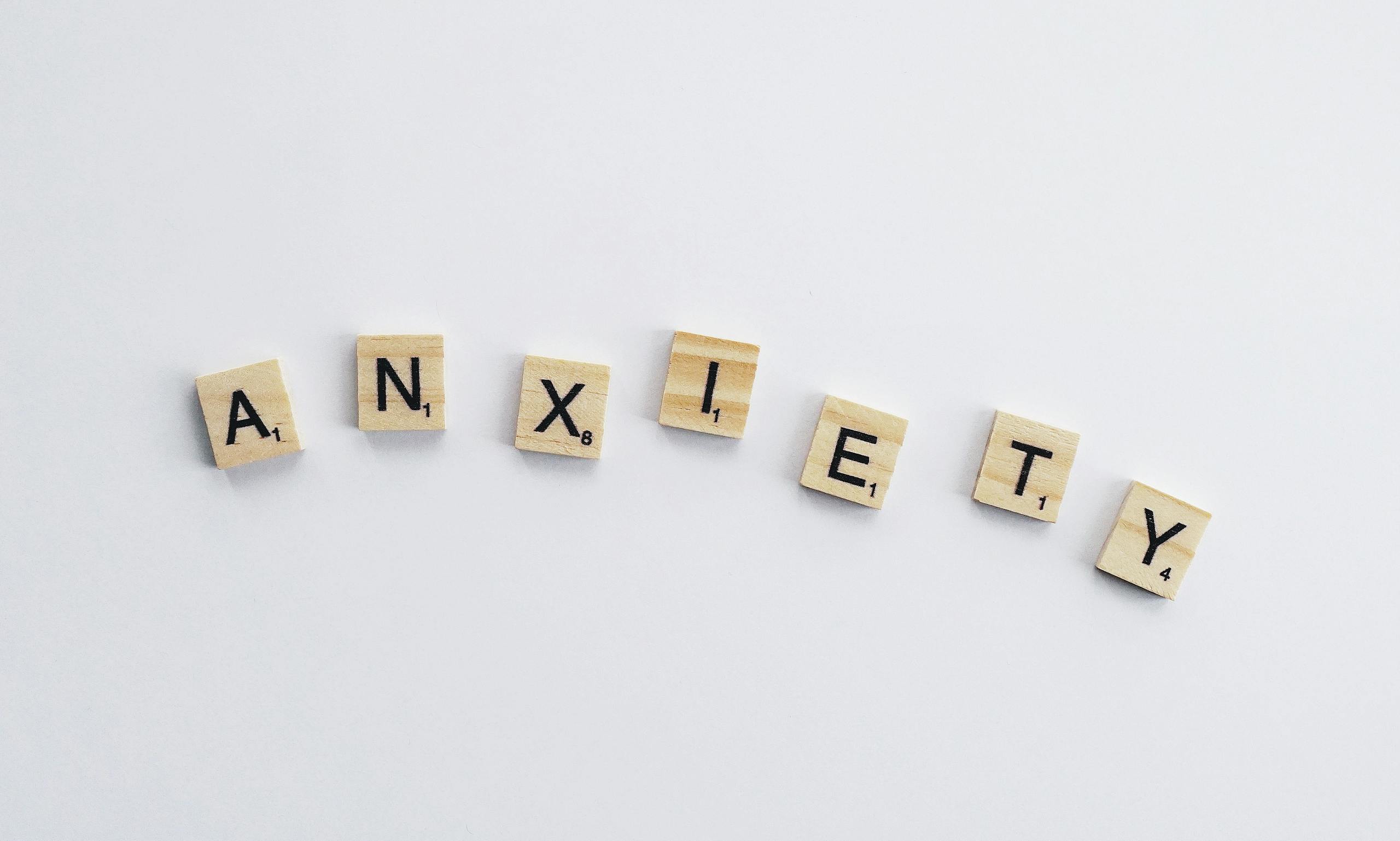Anxiety: How to Stop Extreme Overthinking
Reviewed by Dr. A. Iacobucci ✅
Do you find yourself dwelling on the same thought for hours or even days? Does your mind race with worst-case scenarios and what-ifs? Do you replay conversations in your head, analyzing every detail?
If so, you may be experiencing overthinking, a common symptom of anxiety.
Why do I overthink?
Overthinking is not just a bad habit; it is often a coping mechanism for people with anxiety. When we feel anxious, our brains go into overdrive, trying to anticipate and prepare for potential threats. This hyper-vigilance can be helpful in some situations, but when it becomes chronic, it can be debilitating.
The problem with overthinking is that it keeps us stuck in our heads and prevents us from taking action or from simply being in the present moment. It can lead to “analysis paralysis” or “decision paralysis”, where we are so consumed by our thoughts that we cannot make a decision or take a step forward. It can also lead to rumination, where we get stuck in a negative thought loop and cannot break free.
One of the most common questions we hear when working with clients is, “How do I stop overthinking?” Fortunately, there are cognitive behavioral strategies you can use to break free from overthinking and reduce your anxiety.
How to stop overthinking
1. Practice Mindfulness:
We tell our clients- Mindfulness is the BEST preventative strategy. Mindfulness is the practice of being present in the moment, without judgment. It involves paying attention to your thoughts, feelings, and bodily sensations without trying to change them. When you practice mindfulness, you can become more aware of your overthinking patterns and learn to let go of them. The fastest, easiest way to begin a mindfulness practice is to use a program like Ziva Meditation. This program gives your brain “a job”; something to follow along to.
Over time, the benefits are incredible and greatly reduce overall anxiety.
2. Challenge Your Thoughts:
When you catch yourself overthinking, ask yourself if your thoughts are based in reality. Are you catastrophizing? Are you assuming the worst-case scenario? Or just, Is it true?? Byron Katie prompts people to challenge their thoughts by asking whether the thought can be “absolutely true?
Just creating a little space between our thoughts and our sense of self can be enough to stop the negative thought loops.
3. Set Aside Time to Worry:
If you find yourself overthinking at night, try setting aside 15 minutes during the day to worry. During this time, allow yourself to think about your concerns and fears. When the time is up, move on to something else. This can help contain your worries and prevent them from taking over your day.
4. Engage in Relaxation Techniques:
Anxiety can cause physical tension in the body. Engaging in relaxation techniques such as deep breathing, progressive muscle relaxation, or yoga can help calm your mind and body, reducing overthinking. You can keep a foam roller around to roll out your back, use a skin brush to gently go over the largest organ in your body, or use a red light to help the mitochondria of your cells. There are so many ways to support your body’s relaxation!
5. Get Moving:
We always tell people that exercise is the best, fastest and cheapest way to feel better fast! It’s a natural mood booster as it activates your body’s happy hormones and can help reduce anxiety significantly. When you exercise, your body releases endorphins, which can help improve your mood and reduce overthinking. Get outside, take a walk or a hike. See something new, like the adventures listed here. Use your own body weight, in the comfort of your home, to do a few exercises that get your heart rate up. It doesn’t take much, but the outcome is so helpful!
Overthinking can be a difficult symptom of anxiety to manage, but with practice and patience, it is possible to break free from its grip. By practicing mindfulness, challenging your thoughts, setting aside time to worry, engaging in relaxation techniques, and getting moving, you can reduce your overthinking and reclaim your life.
Remember, anxiety does not have to control you; you have the power to take back control.
To learn more about this issue and discuss how it may be impacting your life, reach out to us here. This is one of our specialties; we can provide a lot of tools to support you.
We love recommending products that we think will enhance your life, and to help support our website, we participate in the Amazon Services LLC Associates Program. This means that if you click through one of our affiliate links to make a purchase on Amazon, we may earn a small commission at no extra cost to you. Rest assured that we only promote products we believe in and think you’ll love too. Thank you for supporting us and happy shopping!






